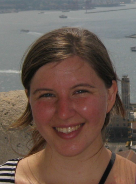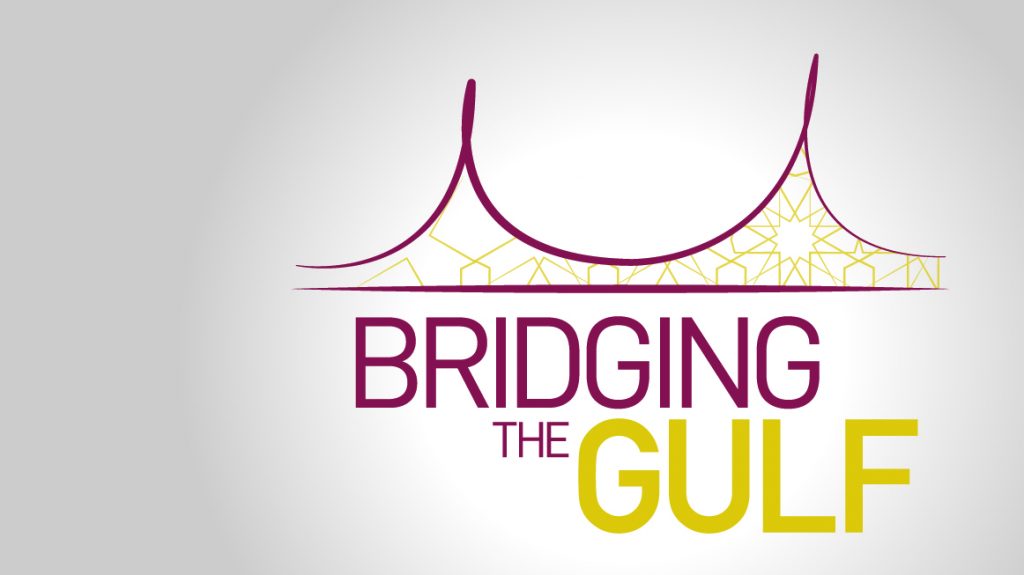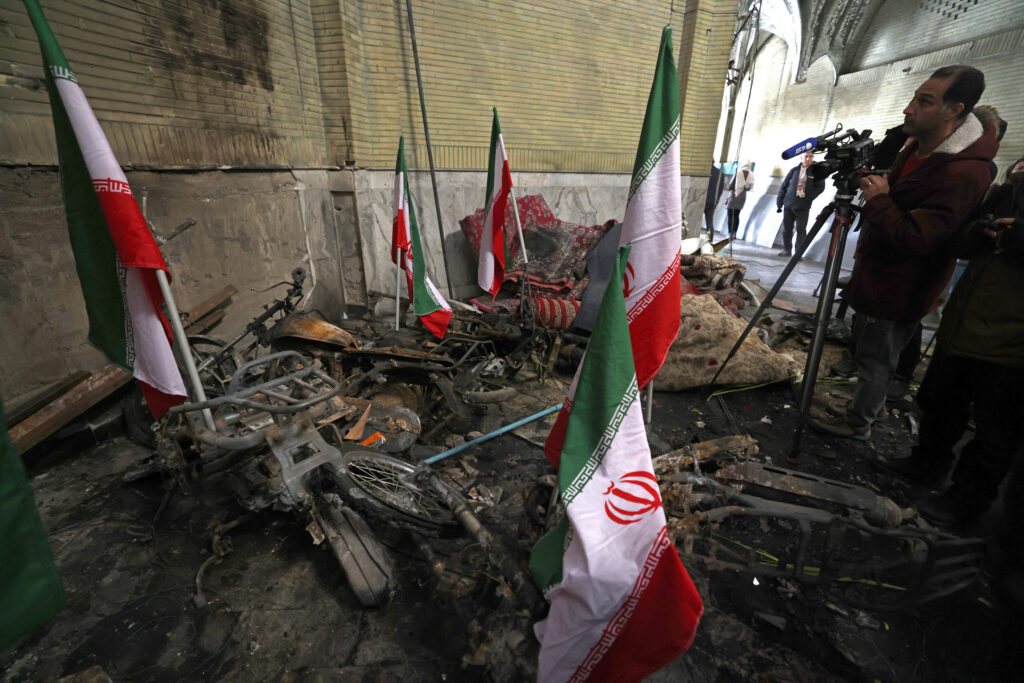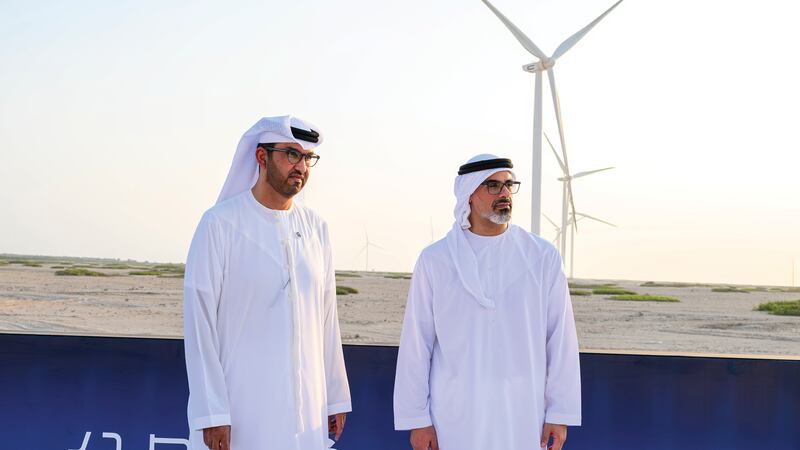The Arab states of the Persian Gulf (Saudi Arabia, Bahrain, Kuwait, Qatar, the UAE, and Oman) are global energy powerhouses, controlling over 30% of the world’s oil reserves. Traditionally, the region is understood as energy-rich, religiously conservative, and ruled by powerful royal families. These factors theoretically contributed to stability in the Gulf, even as other parts of the Middle East fell prey to conflict and unrest.
However, the Gulf is changing. Oil prices are low and that is placing fiscal pressure on Gulf governments. A new generation of royals have come to power, disrupting the status quo. Islamist movements have been more active since the Arab Spring protests in 2011 and Gulf governments are deeply divided over how to respond.
Let us untangle new trends in Gulf politics, debunk common misconceptions about the region and discuss what you need to know to understand the contemporary Gulf.
Speaker: Dr Jessie Moritz, Australian National University
 Dr Jessie Moritz is a Lecturer at the Centre for Arab and Islamic Studies at the Australian National University. She has previously held a postdoctoral fellowship at Princeton University, as well as visiting positions at KFCRIS in Riyadh, Qatar University and the University of Exeter. Her current research focuses on the political economy of energy in the Arabian Peninsula, with a particular focus on state-society relations and diversification strategies.
Dr Jessie Moritz is a Lecturer at the Centre for Arab and Islamic Studies at the Australian National University. She has previously held a postdoctoral fellowship at Princeton University, as well as visiting positions at KFCRIS in Riyadh, Qatar University and the University of Exeter. Her current research focuses on the political economy of energy in the Arabian Peninsula, with a particular focus on state-society relations and diversification strategies.
Listen to the full event here:
Watch the full event here:
A summary of Session 1’s proceedings can be found below.
Bridging the Gulf Session 1: Politics, Energy, and Opposition in the Gulf: What You Need to Know
By Herman Lim, Research Assistant, Middle East Institute, National University of Singapore
Being the first session in the series, MEI Research Fellow Clemens Chay, who plays the host, established how Bridging the Gulf aims to help the Singapore public better understand the Gulf region comprising of Saudi Arabia, Kuwait, Oman, Bahrain, Qatar, and the UAE.
Dr Chay began by asking what the audience knew about the Gulf, besides spectacular and sky- high architecture like the Burj Khalifa, the tallest building in the world since 2009. In the first place, what do we make of this architecture? Do the Gulf states have a history before the discovery of oil? Do we know of connections or similarities between Singapore and the Gulf region?
For Muslims in Singapore, the Hejaz in particular is the heart of Islam and 900 local Muslims (based on the quota system set for each country by the Saudi government) perform the Hajj pilgrimage annually in Mecca. Travel between Southeast Asia and the Gulf therefore goes back centuries, on board ships that ply across the Indian Ocean. Many of today’s Gulf metropolises have a long history as trading ports and they were famed especially for pearl- diving and the sale of pearls. Goods were unloaded at the seafront, brought to the local markets and thereafter traded and brought into the interior via desert routes.
Following the discovery of oil, these ports were quickly transformed into the modern cities we see today. Urban planning prioritised sub-urbanisation, where old, interconnected houses for extended families were destroyed and new ring roads with single-unit, nuclear family homes were created. Building onto Dr Chay’s introduction, guest speaker Dr Jessie Moritz from the Australian National University (ANU) expanded on the social, economic and political changes currently experienced by the Gulf states.
Dr Moritz stated that most scholarship since the 1970s on the Gulf has been state-focused, looking into the politics or economics of the region from a top-down approach. The growing recent trend, however, is to look at how society and ordinary Gulf citizens fit into the picture. Over the course of the talk, she spoke at length about the ways in which scholars of the past have theorised about the Gulf and why many of the assumptions they made are problematic or may no longer hold true, given the changing circumstances within the Gulf and the wider Middle East today.
The aforementioned countries, who are also members of the Gulf Cooperation Council (GCC), are known for their exceptional stability in the past 50 years. Their politics and development have been interpreted often through three lenses: (1) oil; (2) religion; and (3) monarchy.
(1) Oil
Oil affects both the economy and the politics of the Gulf. This raises the question: Are very oil-rich countries more likely to be politically stable? Most theorists from the 1970s believe so. The six countries of the GCC control over 30 per cent of the world’s oil reserves. Most of the oil production is owned by the state and the export of oil creates ‘rent’ (akin to profit) and much of this rent can therefore be used to fund government spending. Since the latter half of the 20th century, most Gulf states have been using this rent to distribute economic and wealth benefits for their citizens, leading to an overall improvement in material well-being. This, combined with no taxes, have made citizen revolts less likely. Scholars argued that citizens may therefore not protest for their democratic right to vote, despite the lack of elections for the Majlis al-Shura (the ‘parliament’) because their material needs have been met.
Yet, such an assumption may no longer hold true today. Traditional sources of authority such as oil have been undermined by low energy prices and the long-term transition to renewable energy. Oil prices are lower today than they were before 2014 and they have never recovered since. Since countries can no longer afford the same level of government spending as before, there are concerns for stability in the long term and this precarious situation has been further exacerbated by the Covid-19 pandemic. Our theories surrounding oil and stability, therefore, must be recalibrated since Gulf countries might have to draw from sovereign wealth funds, cut spending and find alternative ways to fund high government spending in order to continue appeasing citizens and their needs.
(2) Religion
While religion alone can be correlated directly with stability or instability in the Middle East, there has been a lot of focus on Islamist politics in the region in recent decades. In the past, American political scientists have argued that because these countries are majority Muslim, democracy cannot be a reality for them. The implicit assumption made by these scholars, of course, is that Islam and democracy are fundamentally opposed and cannot be reconciled. Therefore, these countries are often treated as outliers and excluded from broader scholarly attempts to understand global politics. Such arguments do not hold water and cannot be used to reduce the complex role religion plays in these countries.
Scholars have since moved on from such assumptions and have looked at how regional politics surrounding religion have changed in the contemporary period. Islamist movements like the Muslim Brotherhood have been especially active since 2011 and Gulf governments continue to disagree on how to respond. Different Gulf governments find themselves on opposing sides in their views towards Islamist politics. Qatar, Turkey and Iran have supported Muslim brotherhood, while Abu Dhabi (and the UAE more broadly), Saudi Arabia, Bahrain, Egypt and others have instead supported secular authoritarian actors, including both governments and rebel groups. These disagreements play out in regional politics, including proxy battles in countries like Libya and Egypt, the Gulf Crisis and the blockade of Qatar and the spread of misinformation, hacking and fake news on social media. Calls for greater reform among citizens are also growing louder, particularly on social media, dispelling the false assumption that Muslims do not want or cannot have democracy.
(3) Monarchies, sultanates, emirates
Scholars of the past have also argued that if you have a ruler in highly tribal societies like in the Gulf and an agreement has been made the members of a tribe must accept the ruler, this would likely explain why rulers of the Gulf today remain in power instead of being overthrown. Such an understanding of tribal social contracts has helped some scholars to comprehend the longevity of politics in this region. With the exception of the American invasion of Iraq and the Iraqi invasion of Kuwait, the internal politics of these countries have been really mostly one of continuity, where the same ruling families that were in power 100 years ago are still in power today.
Yet, even if this were true, we are also at a point where many of the rulers are aging and getting older and a new generation is coming to power. For example, Omani Sultan Qaboos bin Said died in January 2020 after a 50-year reign, while the Kuwaiti emir Sheikh Sabah Al Ahmad Al Sabah died just seven months later in September 2020. Both were also known as regional mediators. A young emir is currently in charge of Qatar and increasingly powerful crown princes in Saudi Arabia, Abu Dhabi and Bahrain are stepping up.
There have been mixed reactions towards Saudi Arabia’s Crown Prince Mohammed bin Salman’s planned reforms, for example. Claiming to empower a more moderate version of Islam, the crown prince has offered greater social liberalisation despite objections from conservative clerics. Is he representative of the younger generation’s views or is he divorced from attitudes on the ground? The new emerging leaders of the Gulf are likely to mix things up and whether a ‘tribal’ respect for rulers will hold true in our contemporary period remains to be seen.
Ending her talk, Dr Moritz stressed that we should not view citizens of the Gulf as passive people. Social debates occur regularly amongst citizens, including those on sensitive topics. We think that the Gulf governments often issue reforms without knowing what is happening on the ground, but this is likely not the case, and if one looks closer, one will see that the people are actively involved in politics, debates and discussions for the future of the Gulf.





